Issue #20: Political and Aesthetic Post-Mortem
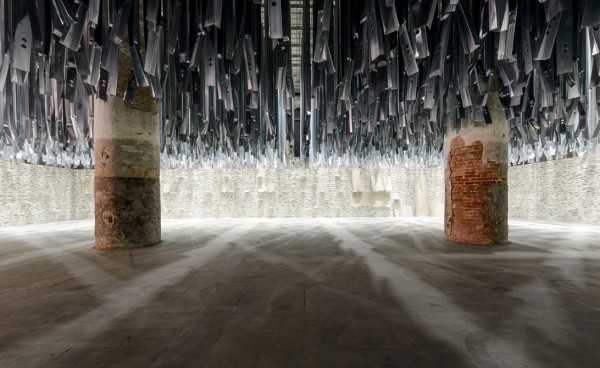
In this issue we offer reflections on “white working class” ideology and neoliberal history; on the ideology of craft at the Venice Biennale; on the contested meanings of formalism; three unpublished pieces by Allen Grossman; Michael Fried on “Encountering ‘September Sky’”; new poetry; and reviews of Lisa Florman on Kandinsky and Jill Cassid on the Enlightenment Subject.
The New Cult of Consensus

The social bases of political conflict thus erased, consensus historians go on to suppress the significance of antislavery politics, even to the point of denying that politics played any role in whatsoever in the destruction of slavery. These crucial erasures are once again explained by reference of a broad political consensus—not the liberal consensus of Hofstadter and Hartz, but the smothering, all-consuming consensus in favor of “white male supremacy.” It’s still consensus history; it’s just a different consensus.
The Origin of the Species

The “white working class,” like the “black community,” is an abstraction that does not exist anywhere in the real world. The U.S. working class is broad and diverse. It’s not even all that white any more and certainly not all that male. Its conditions are determined by its position within a political economy but, like everyone else, the experience and consciousness of individual workers is formed by a whole series of contingent relationships and experiences. The recent use of the trope of the angry white working class attempts to extract white workers from these class dynamics and present them as a demonized and marginalized natural group.
Three Texts by Allen Grossman
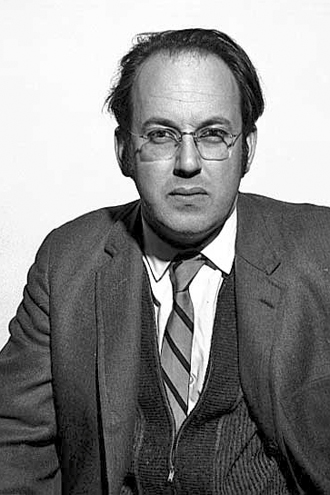
These three texts are a small part of a significant body of unpublished and uncollected work by the poet and critic Allen Grossman.
Eulogy for Martin Luther King Jr.

The death of Martin Luther King leaves, in my imagination, no liberal position. Only a radical critique of learning and, if that is still worthwhile, of political life, is sufficient.
An Introductory Lecture in The Humanities
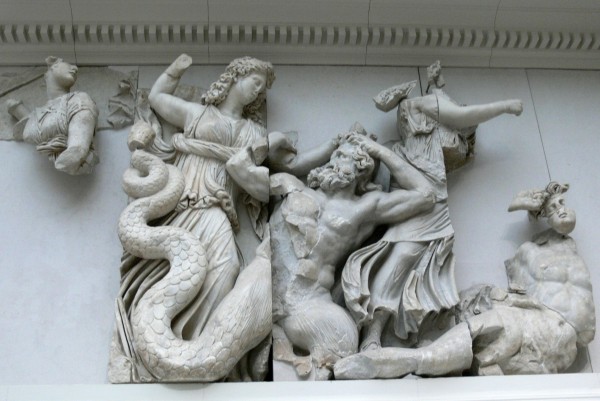
Ladies and Gentlemen, the Iliad does not believe in you, the Aeneid does not regard you as real, the Divine Comedy does not understand you — and yet each demands of you that you believe in it, understand it, and regard it as real.
The Scene of Instruction
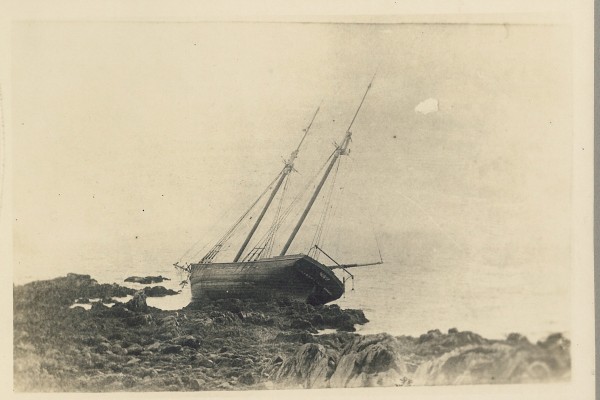
“Where is it?” “In this mist.”
Encountering “September Sky”
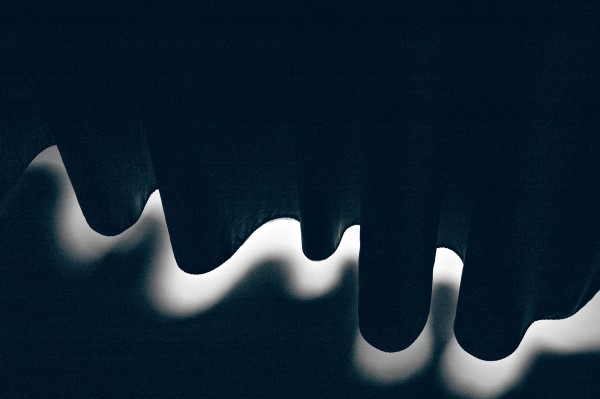
Nonsite is pleased to announce the publication of Promesse du Bonheur, a collection of new poems by Michael Fried accompanied by more than thirty photographs by James Welling. The book is appearing under the double aegis of nonsite.org and David Zwirner Books, and is available through David Zwirner Books and Amazon. To mark its publication, we offer an essay by Fried analyzing one of the poems in the collection, “September Sky,” along with an abstract photograph by Welling which serves, in the book, as an introduction to the collection.
Craft and Conquest: The 15th Venice Architecture Biennale, May 28-November 27, 2016

Aravena’s entire Biennale, then, its emphasis on “natural” materials—the omnipresence of earthen brick and tile—its insistence on the collaboration among state and humanitarian actors, all lead to the quayside behind the Arsenale, to a Catalan vault through which a starchitect advances his brand and a global conglomerate advances its sales.
The Significance of Form
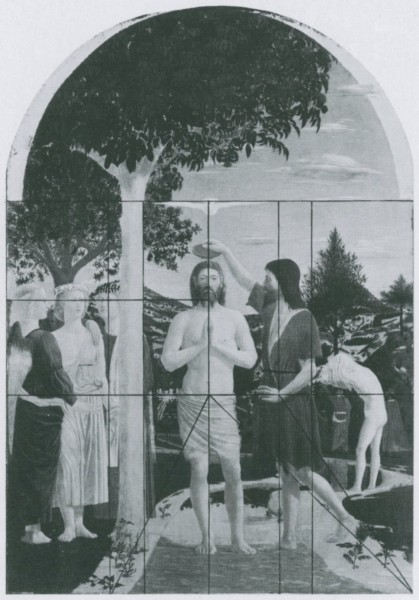
Formalism assumes that the features being picked out are part of a “best possible” construction of what was done when the work was created. In this way formalism can work equally well for those who see intention as equivalent to meaning and those who see intention as a naïve and unworkable construct. In the latter case it is able at once to attribute significance through the quasi-intentionalist mode of writing described here, and to pass in everyday description as “anti-intentionalist,” as writers from Wölfflin and Shklovsky to Clement Greenberg have combined this general way of operating with explicit denials of the admissibility of artists’ actual, consciously made, statements about their own work.
